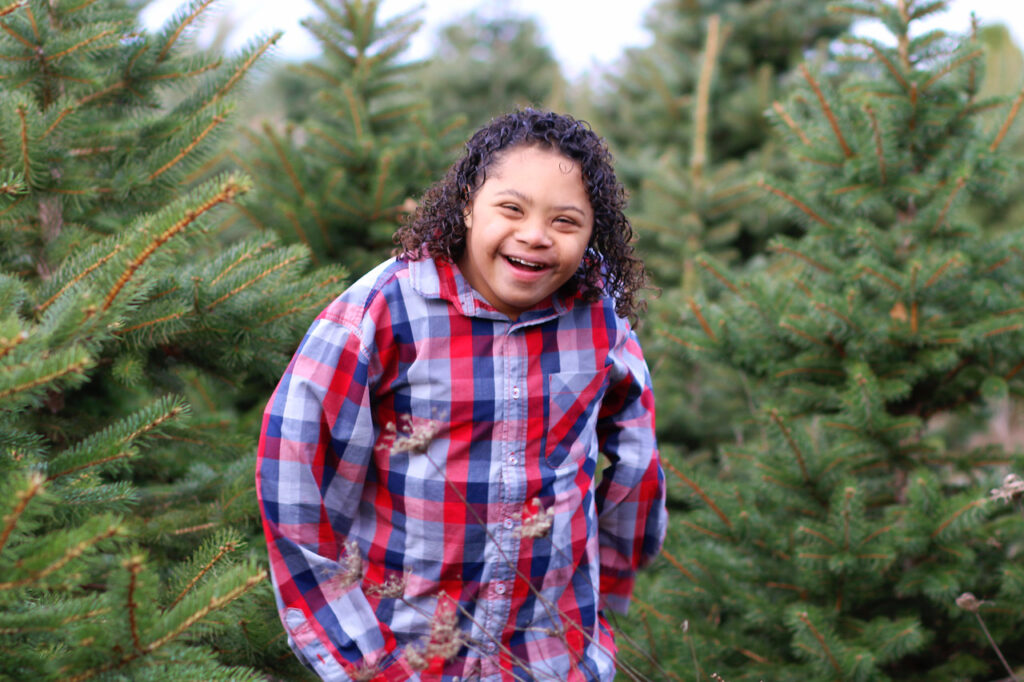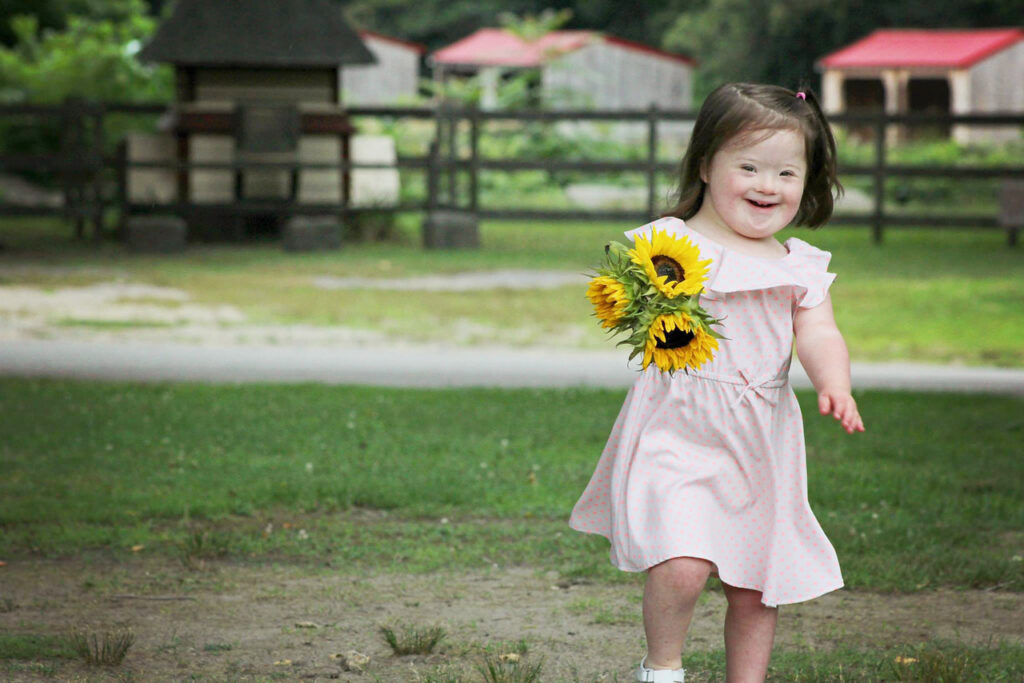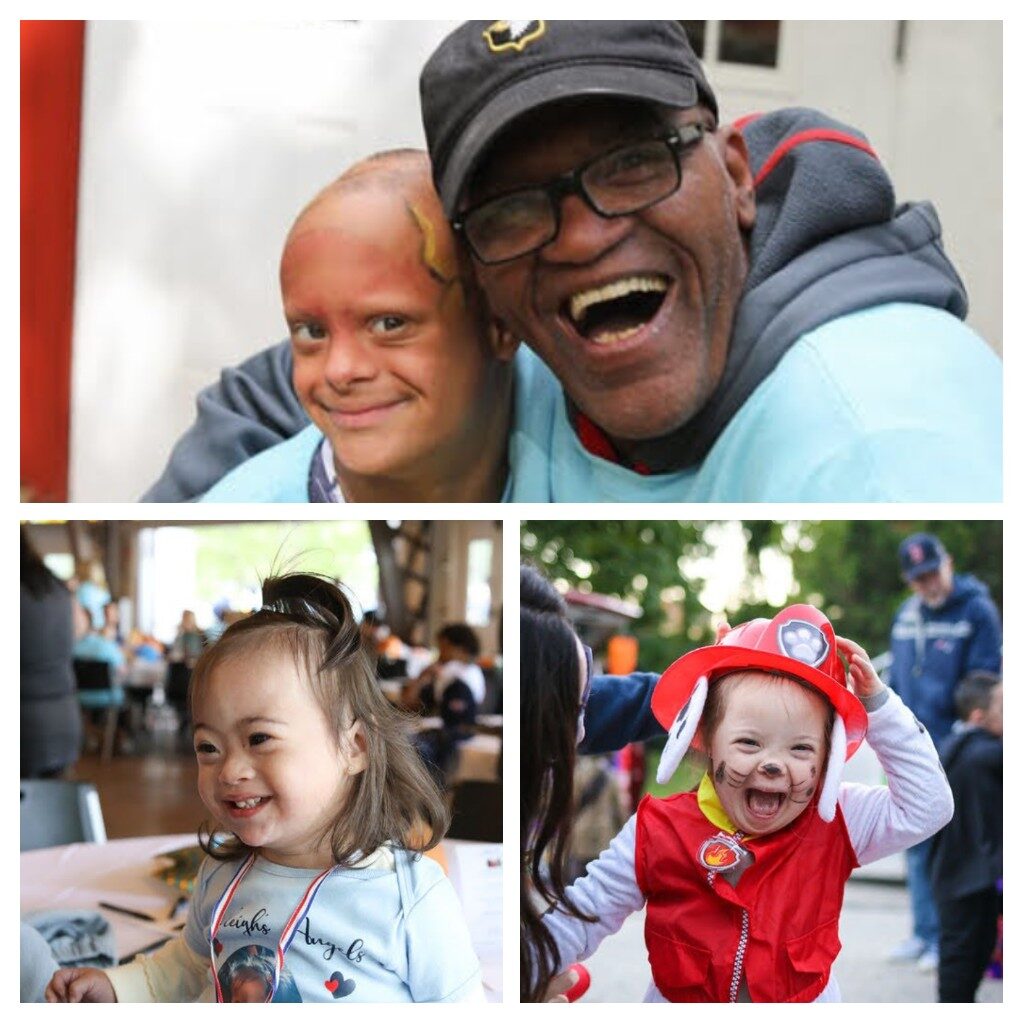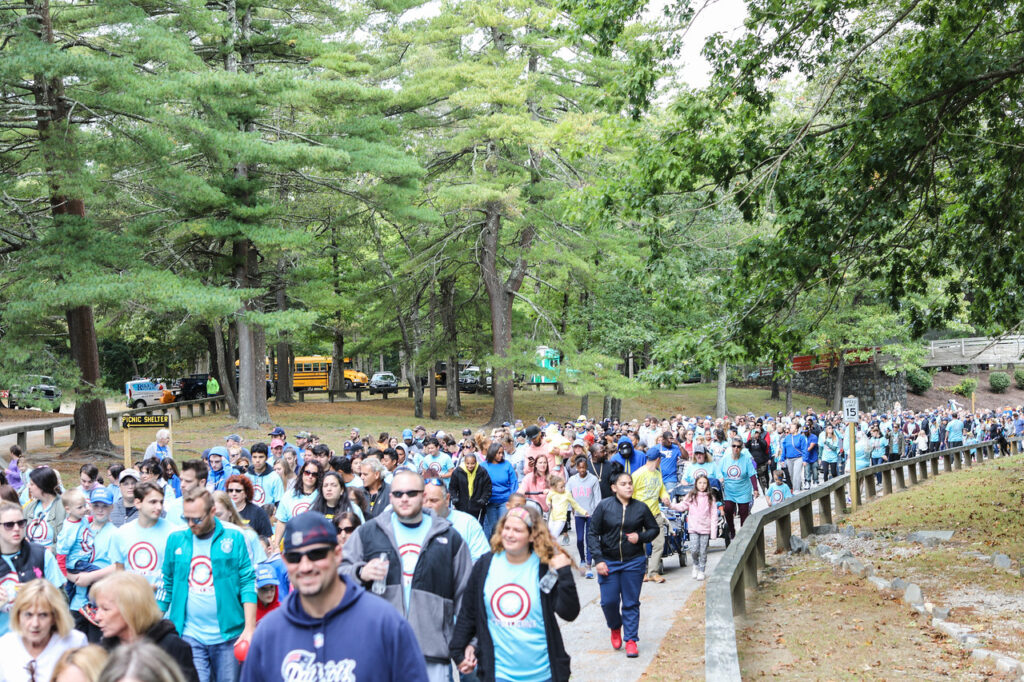
For 10 years, the United Nations has designated March 21 as World Down Syndrome Day. As the 21st day of the third month of each year, the date symbolizes the genetic foundation for Down syndrome — the triplication of the 21st chromosome. Building upon the Convention on the Rights of Persons with Disabilities, the UN’s declaration of a dedicated holiday reinforced how “adequate access to health care, to early intervention programs, and to inclusive education, as well as appropriate research, are vital to the growth and development of the individual.” Motif’s Sean Carlson interviewed Crystal Greene, president of the Down Syndrome Society of Rhode Island, about the strides made locally and the hurdles that remain.
Sean Carlson (Motif): On March 21, 2019, the Rhode Island House of Representatives passed a bill to formally commemorate World Down Syndrome Day. What significance does this have two years later?
Crystal Greene: To have Rhode Island celebrate this day shows that the Down syndrome community is not forgotten. Even though people with Down syndrome should be included every day, we hope March 21 provides an annual reminder of our need to educate, advocate and empower. We’re hoping to see more progress politically as well. We’re working to light up the Rhode Island State House in blue and yellow to celebrate individuals with Down syndrome. We’re advocating for state legislation to prohibit physicians from denying organ transplants to people with intellectual disabilities like Down syndrome or autism. We’re supporting resolution H 5833 to improve compliance and accountability in Rhode Island’s public schools around Individualized Education Programs and 504 Plans for students with disabilities.
(Editor’s note: An Individualized Education Program (IEP) is required to be eligible for special education, whereas a 504 plan summarizes how a school intends to accommodate a student with a disability.)
SC: Do you still hear Down syndrome misunderstood as a disease? What misconceptions persist?
CG: Misconceptions and stereotypes are still prevalent. We hear family members refer to Down syndrome as a “condition,” and the word “retarded’ is still used as a label to define individuals. Our language should be more sensitive and inclusive. One of the most common misconceptions is underestimating the capabilities and potential of a person with Down syndrome. People often seem surprised to hear about somebody with Down syndrome living on their own at a university, for example, but these accomplishments shouldn’t be seen as a surprise. People with Down syndrome have wide-ranging abilities. With proper support and understanding, they can thrive. When we think about what it means to be human, we in the Down syndrome community like to say, we’re more alike than different.

SC: Programs like the Special Olympics are well-known, and occasional stories about people with Down syndrome generate great interest, such as Lucas Warren, the 2018 Gerber baby, and Chris Nikic, who recently completed a full Ironman. What do you see in such moments of visibility?
CG: These stories are full of joy and hope, but I also wonder, would we be celebrating this if any other person accomplished the same? The media plays a pinnacle role in how people with Down syndrome are personified and perceived. It’s fortunate their accomplishments are highlighted so the community at large can see and applaud these individuals’ capabilities. But if you also don’t appreciate how much a person with Down syndrome has to overcome, some of the celebration can feel patronizing.
SC: We tend to be drawn to stories about great successes and worst-case scenarios. What do you see as the effect of this tendency on people whose experiences fall somewhere in between?
CG: Visibility goes a long way in helping change perceptions of how able, and how capable, people with Down syndrome can be. But one of the negative consequences we see when celebrating individuals who are extraordinary, is that they do not necessarily represent the typical experience of people living with Down syndrome. This can cause unrealistic social comparisons. We should try to see every individual as unique and variable in their skill sets, whether or not they have Down syndrome.
SC: Are local businesses and employers thinking about their roles and responsibilities too?
CG: Some companies may celebrate individuals with Down syndrome, or even feature them in advertisements, but that’s not the same as providing the support or services afforded to the general public. For instance, it’s extremely difficult to purchase life insurance, or shoes that fit, or dolls that carry similar physical characteristics as individuals with Down syndrome. We have a long way to go there.
SC: How has Rhode Island fared with providing support and care for children or adults living with Down syndrome and their families?
CG: We’re working hard to provide support and education to our community and institutions. We just sent out an informational flyer about resources to the superintendents of our public schools, and to a variety of non-public schools as well. But there’s a lot of work to be done locally to support our mission and to provide the resources necessary. Much of the support network comes from families who spend countless hours researching and self-educating about Down syndrome. The process can feel overwhelming, especially for people who don’t know their legal rights or have difficulty navigating the system. There are enormous gaps from our towns, cities and state overall when it comes to enabling social activities and providing lists of qualified doctors and specialists. In our schools, procuring an IEP over a 504 plan remains tremendously difficult. And unless a family or caregiver knows their options, there are few resources for people with Down syndrome who have aged out of the public school system.

SC: These challenges have only worsened during the pandemic. A study from researchers at Emory University suggested that adults older than 40 with Down syndrome were roughly three times more likely to die of COVID-19 than the rest of the population. How have you had to confront such unique challenges?
CG: People without Down syndrome may not know that individuals with Down syndrome often have multiple medical needs at the same time, ranging from cardiac to gastrointestinal to neurological to respiratory. Many individuals also experience low muscle tone, feeding issues and communication deficits. These comorbidities can make it more difficult to ward off illnesses like the common cold, the flu and pneumonia — and most certainly COVID-19. Because many individuals with Down syndrome are immunocompromised, they’re at a high risk of life-threatening complications. But what’s also challenging is how many of the therapies and supports that are imperative for success in daily living have been decreased or stopped completely over the past year. Many families have had to choose between a major regression of skills with fewer — or without — in-person services or face a risk of hospitalization or even death. But even if a therapy provider provides a virtual option and insurance companies approve of the session, this method tends to be far less effective, especially for individuals with communication barriers.
SC: I trust many people who don’t have firsthand experience with Down syndrome will empathize.
CG: The pandemic created a plethora of challenges for parents in general, such as distance-learning struggles and difficulties enacting special education provisions. We’ve heard from parents who’ve lost jobs or changed careers to try to balance their work while caring for someone at home. We’ve seen increases in financial insecurity and food insecurity. The community we support relies on certain kinds of services. At the beginning of the pandemic, many early intervention agencies that support children from birth to age 3 closed, lost employees and laid off adjunct providers. For local residents who need to look beyond Rhode Island for specialized care from clinics that specialize in Down syndrome, this has often meant getting to and from Boston Children’s Hospital or Mass General. And of course we’re also seeing the consequence of parents and family members getting sick. In fact, we’re currently supporting one man with Down syndrome who lost his father to COVID-19 and is struggling both emotionally and financially.
SC: Like everybody else, you’ve had to make changes to your own operations. What should we expect?
CG: In-person events remain cancelled because of the pandemic, but we’re supporting our community with a monthly speaker series online, covering topics like how to stay active and how to manage the IEP and 504 process. We packaged board games and snacks for families to pick up in Johnston and play at home on World Down Syndrome Day, and Easy Entertaining Inc. has organized a fundraiser for us. Isaiah Lombardo recently hosted a virtual dance party with us. We’re sharing updates on Facebook, Instagram and our website, and we’re looking forward to when we can meet face-to-face again safely.
